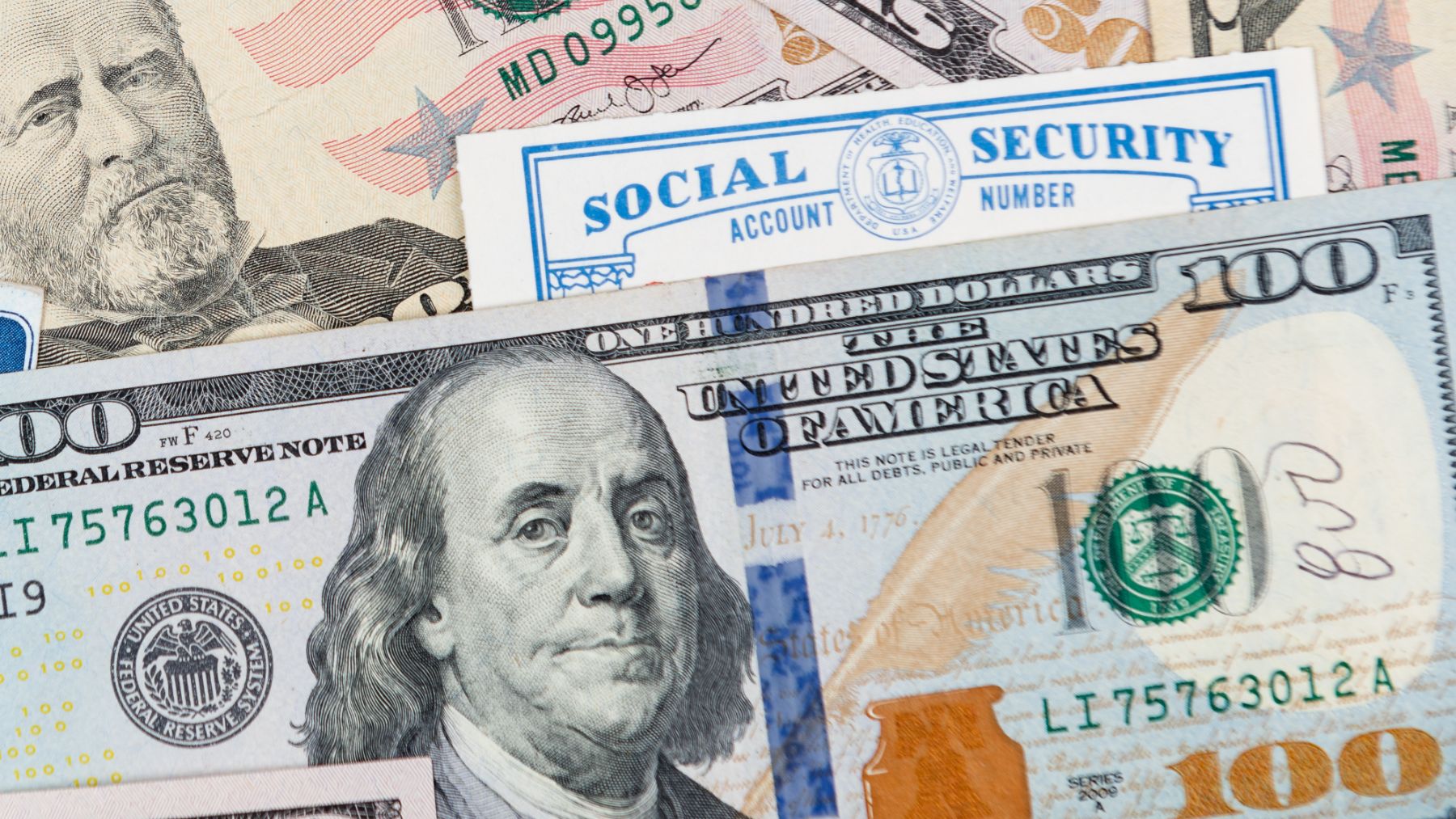A lot of retirees are looking forward to getting their new Social Security checks. Most of the time, an increase in value is a good thing, but most people do not know the details of where the money comes from.
In our daily lives, many of us have to deal with things like rising prices, unstable politics, the job market, and even climate change.
Every day, problems take up as much of our time and attention as our families or jobs, which makes it hard to think about what will happen to our retirement.
Still, time goes by, and eventually you will have to cash your Social Security checks.
How do you handle it if you really need those Social Security benefits but they give you less than the required amount of money? You will definitely be in this situation for the next few years, which is a shame.
What will happen to the Social Security checks in the following years?
There is no way to know for sure what will happen in the future, but thanks to fields of study like economics and statistics, you can make pretty good guesses when making decisions at work and in your personal life.
This is true for the Social Security Administration (SSA), which is part of the government and is in charge of Social Security. They have seen a worrying macroeconomic trend: the birthrate of people is going down.
You might wonder what this signal has to do with your Social Security checks. The United States’ retirement payments are paid for by the Retirement Insurance program, which works just like its name suggests.
Like any other insurance, it needs a lot of people to pay their premiums so that if one of them gets hurt, the money that was pooled can be used to cover the costs.
For Social Security, people pay a tax equal to a certain percentage of their salary. After age 62 and earning 40 Social Security credits, they will start getting monthly checks from Social Security.

In the same way that other insurance programs work, this one only works when more people pay into it than people claim benefits.
If that condition is not kept, the savings and investments made by previous generations will be lost over time as Social Security checks are sent out regularly. Yes, that is exactly what the Social Security Administration will have to deal with in the future.
Based on what they think will happen, retirement insurance funds will run out by 2033. Let us say they join forces with other funds, like the disability insurance fund. If that happens, this time frame will be pushed back to 2035.
But there will not be enough money to cover 17% of those costs, so the government will have to either pay for them or cut claimants’ payments.
How much will the changes impact the people who receive Social Security checks nowadays?
Depending on your situation, not having enough money will have different effects. If you get Social Security, there is nothing you can do to lower your risks, which are mostly caused by rising prices.
You are already retired, so you need to start getting your Social Security cash.
If your benefits are cut in general, however, you will only have two choices: either find ways to make more money, like working as a gig worker, or stop getting Social Security benefits and wait until you are 70 years old to retire at the FRA (Full Retirement Age), when your benefits will go up.
What can you do to offset the impact of the changes in your Social Security checks if you are part of the workforce now?
The pros and cons of being in the active workforce are both present. Benefits: You now have more tools to fight any possible cut in your Social Security checks.
To be more specific, you can put more money into your 401(k) or IRA, make more money, and pay more in Social Security taxes. By taking these steps, your retirement income will slowly grow.
You are also more likely to be affected by changes in regulations, like if the minimum retirement age goes up, the minimum number of Social Security credits you need to be considered insured goes up, or the amount of Social Security taxes you may have to pay goes up.













Leave a Reply